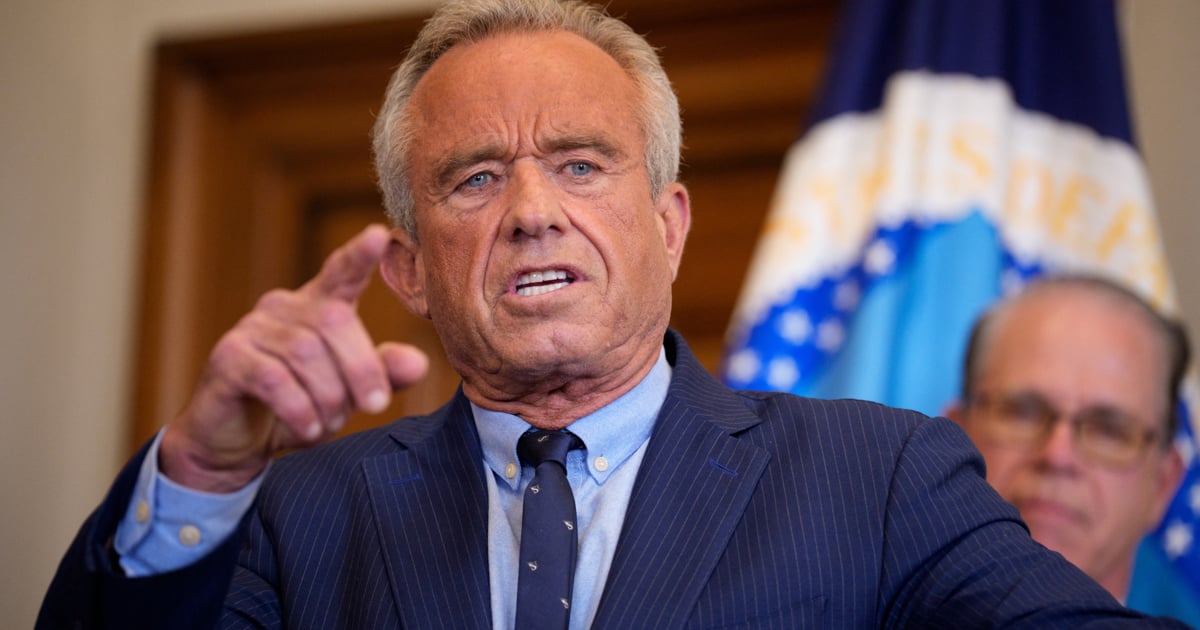California & Other Blue States Scaling Back Healthcare Benefits for Immigrants: Why?

Several Democratic-led states, including California, are facing tough financial decisions and are now re-evaluating healthcare benefits for immigrants. Driven by budget shortfalls and concerns about long-term fiscal sustainability, these states are implementing changes that impact access to care for undocumented residents. This shift raises questions about the future of immigrant healthcare and the political landscape surrounding immigration policy.
The Growing Financial Strain
California, a state known for its progressive policies and commitment to providing healthcare access, is at the forefront of this trend. Governor Gavin Newsom's administration recently announced adjustments to its healthcare programs for undocumented immigrants, citing the need to “take difficult but necessary steps to ensure fiscal stability.” Similar concerns are emerging in other blue states like New York and Illinois, where rising costs and economic uncertainties are putting pressure on state budgets.
The expansion of healthcare benefits to undocumented immigrants, while lauded by advocates for social justice, has placed a significant strain on state resources. Factors contributing to this strain include increased healthcare utilization, rising operational costs, and a challenging economic climate. The COVID-19 pandemic further exacerbated these financial pressures, leaving states grappling with unprecedented budget deficits.
Specific Changes and Their Impact
In California, the changes involve delaying the expansion of Medi-Cal (California's Medicaid program) to include dental, vision, and other services for undocumented individuals. While the core healthcare coverage remains in place, these delays represent a reduction in the scope of benefits. Other states are exploring similar measures, including limitations on eligibility criteria and potential reductions in reimbursement rates for healthcare providers.
These adjustments have sparked a debate among policymakers, healthcare providers, and immigrant advocacy groups. Critics argue that scaling back benefits will disproportionately impact vulnerable populations, leading to poorer health outcomes and increased healthcare costs in the long run. They contend that healthcare is a human right and that denying access to care based on immigration status is both unethical and economically short-sighted.
The Political Landscape
The decisions by these Democratic states reflect a complex political reality. While generally supportive of immigrant rights, these governors are also accountable to their constituents and must prioritize fiscal responsibility. The current economic climate, characterized by inflation and uncertainty, has made it increasingly difficult to maintain expansive social programs.
Furthermore, the issue of immigration is often highly politicized, and these changes are likely to draw criticism from both sides of the political spectrum. Republicans will likely seize on these developments to argue that Democratic policies are unsustainable, while some progressive Democrats may express disappointment with the adjustments.
Looking Ahead
The future of immigrant healthcare in blue states remains uncertain. As state budgets continue to face challenges, further adjustments to healthcare programs are possible. Finding a balance between providing essential healthcare services to vulnerable populations and ensuring fiscal stability will be a key challenge for policymakers in the years to come. The situation highlights the ongoing need for comprehensive immigration reform at the federal level to address the underlying issues driving these state-level decisions. It also underscores the importance of ongoing advocacy and public awareness to protect the health and well-being of immigrant communities.
The decisions impacting healthcare for immigrants serve as a microcosm of the broader challenges facing states across the nation – balancing compassion with financial realities in an increasingly complex world.






